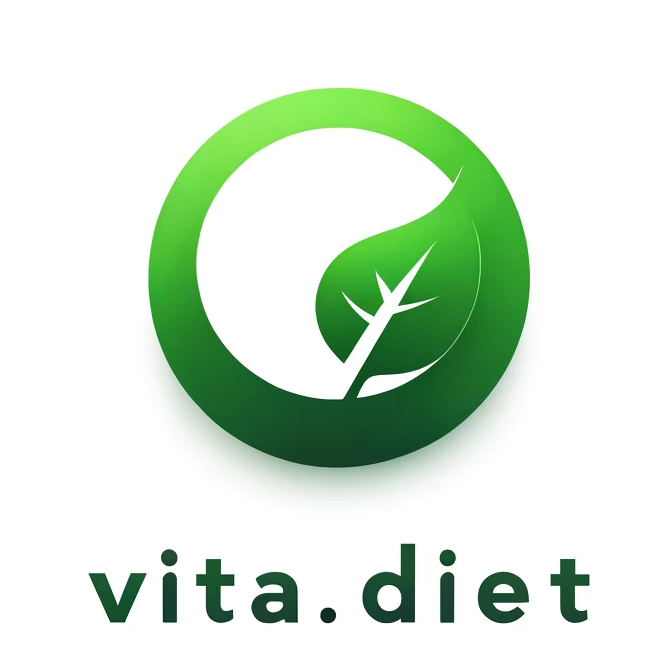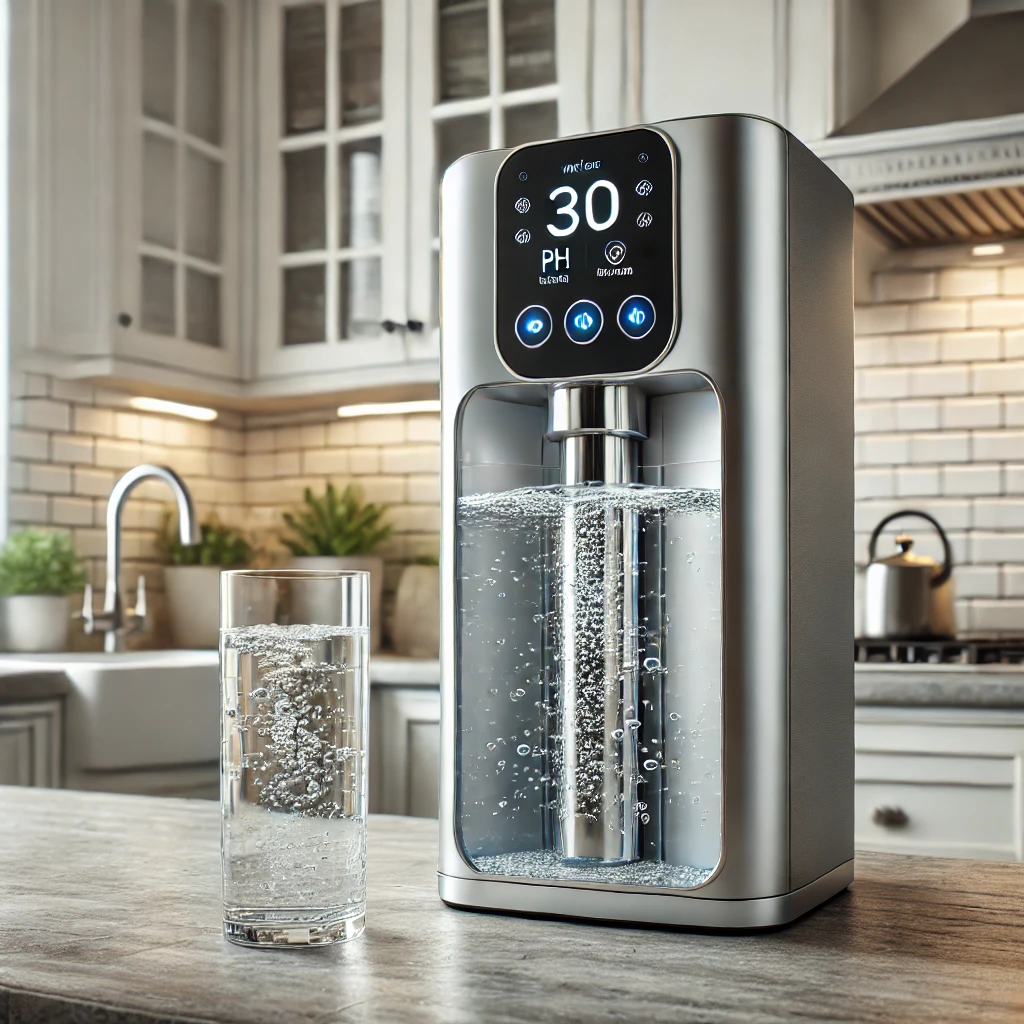Ionized Water Detox
Water Ionization Assisted Detox: A Comprehensive Guide
Water ionization is a process gaining popularity for its purported health benefits, including enhanced hydration, detoxification, and antioxidant properties. This guide provides a comprehensive overview of what water ionizers are, how they work, the science behind them, how to use them, their history, health implications, and detox benefits.
History of Water Ionizers
Water ionizers were first developed in Japan in the early 1950s. Initially used in agricultural settings to enhance plant growth, their use expanded to human health in the 1960s. Japanese scientists discovered the potential health benefits of drinking ionized water, leading to the development of consumer-grade water ionizers. These devices gained popularity in Asia before spreading to other parts of the world.
What is a Water Ionizer?
A water ionizer is a device that uses the process of electrolysis to separate incoming water into alkaline and acidic components. This separation is believed to enhance the health benefits of water by increasing its pH level, making it more alkaline, and enriching it with antioxidants.
How Water Ionization Works
Water ionization involves passing water through an electrolysis chamber, which contains positively and negatively charged plates (usually made of platinum or titanium). This process splits the water into two streams: alkaline water, which is rich in hydroxide ions (OH-), and acidic water, which contains hydrogen ions (H+). The alkaline water is typically consumed for its health benefits, while the acidic water can be used for cleaning and skincare.
The Science Behind Water Ionization
-
- Electrolysis: This process uses electrical current to separate the mineral ions in water. The minerals in the water, such as calcium and magnesium, are separated into alkaline and acidic fractions through a membrane that allows ions to pass but blocks non-charged particles.
-
- pH Adjustment: The ionizer allows users to adjust the pH level of the water. Alkaline water is produced at a pH above 7, often around 8 or 9, while acidic water has a pH below 7.
-
- Antioxidant Properties: Ionized water is claimed to have antioxidant properties due to the presence of hydroxyl ions, which can neutralize free radicals in the body.
How to Use a Water Ionizer
-
- Installation: Water ionizers can be installed on kitchen countertops or under the sink. They are connected to the water supply and often come with filters to remove impurities before ionization.
-
- Operation: Fill the ionizer with tap water. The device will then filter and ionize the water, separating it into alkaline and acidic streams. Adjust the pH level using the controls on the ionizer.
- Consumption: Drink the alkaline water throughout the day for hydration and health benefits. Use the acidic water for cleaning, skincare, or watering plants.
Hydration Sources Rated
I’m excited to share this interactive hydration guide with you. By categorizing and detailing various hydration sources, my goal is to provide you with the information you need to make the best choices for your health. So go ahead, explore the guide, and discover the optimal ways to stay hydrated. Cheers to better hydration and a healthier you! 🌿💧
Stay hydrated, stay healthy! 💪
Check out this “Water, are they all equal?” article since you’re interested in hydration!
Hydration Sources
Ionized Water
Health: 💧💧💧💧💧
Bioavailability: 💧💧💧💧💧
Details: Ionized water is highly alkaline and is believed to provide better hydration by neutralizing acidity in the body.
Spring Water
Health: 💧💧💧💧💧
Bioavailability: 💧💧💧💧💧
Details: Spring water is natural and often contains beneficial minerals, making it an excellent hydration choice.
Coconut Water
Health: 💧💧💧💧
Bioavailability: 💧💧💧💧
Details: Coconut water is rich in electrolytes like potassium and magnesium. Fun note: must eat the meat too, otherwise it's dehydrating.
Watermelon
Health: 💧💧💧💧
Bioavailability: 💧💧💧💧
Details: Watermelon is over 90% water and provides hydration along with vitamins A and C.
Cucumber
Health: 💧💧💧💧
Bioavailability: 💧💧💧💧
Details: Cucumbers are hydrating and contain silica, which is beneficial for skin health.
Herbal Teas
Health: 💧💧💧💧
Bioavailability: 💧💧💧
Details: Herbal teas are hydrating and can offer additional health benefits like antioxidants and relaxation.
Infused Water
Health: 💧💧💧💧
Bioavailability: 💧💧💧
Details: Infused water adds flavor and some nutrients without extra calories or sugars, making it a healthy hydration choice.
Electrolyte Water
Health: 💧💧💧
Bioavailability: 💧💧💧💧
Details: This water contains added minerals like sodium, potassium, and magnesium, which are essential for maintaining hydration levels, especially after intense physical activity.
Veggie and Fruit Juices
Health: 💧💧💧
Bioavailability: 💧💧💧
Details: Juices made from vegetables and fruits are hydrating and provide vitamins and minerals. However, they can be high in sugars, so it’s best to consume them in moderation or opt for fresh, unsweetened juices.
Milk
Health: 💧💧💧
Bioavailability: 💧💧💧💧
Details: Both dairy and plant-based milks provide hydration and additional nutrients like calcium and vitamin D. They also offer some electrolytes, though dairy milk contains lactose, which can be problematic for some people.
Broths/Soups
Health: 💧💧💧
Bioavailability: 💧💧💧
Details: Broths and soups are hydrating and provide electrolytes and nutrients, especially if made from a variety of vegetables and lean meats. They can be high in sodium, so it’s important to choose low-sodium options.
Smoothies
Health: 💧💧💧
Bioavailability: 💧💧
Details: Smoothies made from fruits and vegetables are hydrating and nutrient-rich. However, they can be high in calories and sugars, so it’s important to balance ingredients.
Sports Drinks
Health: 💧💧
Bioavailability: 💧💧💧
Details: Sports drinks contain electrolytes and carbohydrates designed to hydrate and replenish energy during intense exercise. However, they often contain added sugars and artificial ingredients, making them less ideal for regular hydration.
Carbonated Water/Seltzers
Health: 💧💧
Bioavailability: 💧💧💧
Details: Sparkling or carbonated water is hydrating and can be a good alternative to sugary sodas. However, it may cause bloating or discomfort in some individuals.
Coffee/Tea
Health: 💧💧
Bioavailability: 💧💧
Details: While these beverages are hydrating, they also contain caffeine, which has a mild diuretic effect. Moderation is key, as excessive caffeine can lead to dehydration.
Health Implications
-
- Hydration: Alkaline ionized water is believed to hydrate better than regular water due to its higher pH, which facilitates quicker absorption by the body’s cells.
-
- Antioxidant Effects: The presence of hydroxyl ions in ionized water provides antioxidant benefits, potentially reducing oxidative stress and inflammation.
-
- Detoxification: Alkaline water helps neutralize acidic toxins in the body and may support kidney function by enhancing the excretion of harmful substances.
-
- Digestive Health: Some studies suggest that alkaline water can help alleviate acid reflux and improve overall digestive health by balancing stomach acidity.
Detox Value
Ionized water’s detoxifying properties stem from its ability to neutralize acidic toxins and support kidney function. Regular consumption of alkaline water can help maintain the body’s pH balance, which is crucial for effective detoxification processes. Additionally, the antioxidant properties of ionized water can protect cells from damage caused by free radicals, further aiding in detoxification.
Conclusion
Water ionizers offer a range of potential health benefits, from improved hydration and antioxidant protection to enhanced detoxification. By understanding the science and proper use of these devices, individuals can make informed decisions about incorporating ionized water into their daily routines. While the benefits are promising, it’s essential to approach water ionization with a balanced perspective and consider it as part of a broader strategy for health and wellness.
For those interested in exploring the benefits of water ionizers further, consulting with a healthcare provider and conducting additional research on reputable models and brands is recommended. We believe in eating to cleanse and eating to detox, if you agree, you may love this detoxifying dandelion pesto recipe!
Disclaimer
This content is for informational purposes only and does not constitute medical advice. Always consult with a doctor or medical specialist before making any health-related decisions, including detoxing, cleansing, or engaging in any activities mentioned. Your health and safety are paramount, and professional guidance is essential to ensure the best outcomes for your individual needs.

